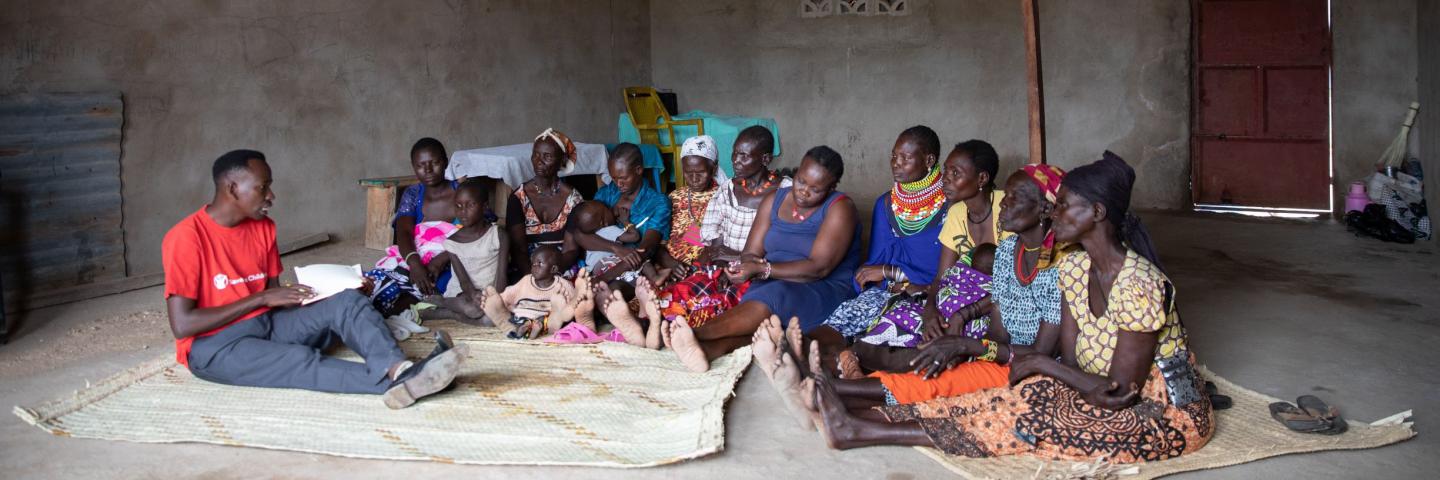We strive to end poverty in all forms everywhere. However, due to factors such as climate change, drought cycles are becoming shorter and more severe which in turn disrupts people’s lives. They pursue other livelihood options to enable them to access food and an income; they may loose property and sometimes lives. Sickness and malnutrition in children ensues. It can erode the recovery capacity of communities. Approximately 70% of Kenya's land mass is impacted by drought. To strengthen resilience and promote sustainable livelihoods, we support the government and partners through the following approaches:
Resourcing Families for Better Nutrition
We provide cash transfers or support families to initiate sustainable and resilient livelihoods. We also provide complementary interventions including information on good care and feeding practices to families, this is to ensure pregnant women and babies receive the right kind of food, care and access healthcare and nutrition services.
Household Economy Analysis (HEA)
This is an analysis that is used to determine if households have a sustainable income and enough food that they need to survive in a tough economical climate. The information that is collected from community is analysed and used for early warning systems and the design of appropriate and effective responses to save lives and protect livelihoods.
HEA enables us understand complexities in household economy and therefore inform design of appropriate livelihoods programmes to benefit the poorest families and their children.
